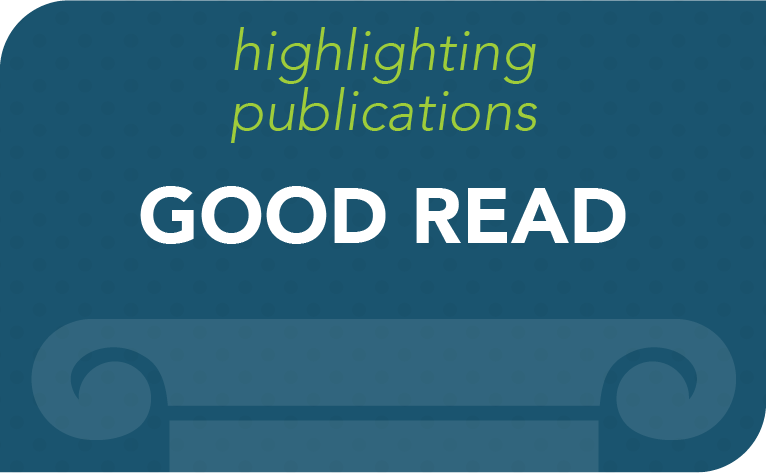
Crabwalking Towards Purpose
April 2021
by Christian Ferney
The Kenan Institute for Ethics, Duke University
Over the past several years, I have developed curricular and co-curricular programming to engage students at Duke in questions of purpose—what it means, why it matters, and how cultivating it can be transformational. Everyone wants a purposeful life; however, wanting purpose is different than cultivating the ability to discern it.
Below are a four things we’ve learned along the way.
Serious doesn’t have to mean solemn.
Vocational discernment, and the character development that supports it, are at the core of who we are as humans. It is indeed serious stuff. For students who have already built the reflective muscle necessary to fully engage in this space, posing purpose questions in a straightforwardly reverential may work beautifully. But if students aren’t there yet, a playful nudge can be helpful. Depending on the setting, it might make sense to translate Aristotle into the language of pop culture, suggesting that messages of purpose are indeed all around us. And sometimes, as with Susan Wolf’s Meaning in Life and Why It Matters, funny and accessible questions about whether one can devote their lives to their goldfish come directly from the text.
Committing can be be mildly terrifying.
Many students are invested in the conviction that it is both possible and desirable to be very good at everything. The trouble comes when this ideal is paired with an overly linear expectation of achievement, one that often somewhat magically forecloses no options for the future. Moving into specificity requires opening up the possibility of commitment—both to ideas and to communities of significance—and commitment always removes at least some abstract opportunity from the realm of possibility. Purpose is scary, because it requires letting go of a comforting, if abstract, fiction. We can’t do it all, so what does a purposeful life require of us?
It also won’t be on the test. Yet.
A major hurdle for many of the students I see is that conversations about purpose or meaning can seem ancillary to what they must do on a daily basis. There are always readings to do, problem sets to complete, study sessions to attend—and all of that comes with the weakly coercive pressure of a grade. Grades are legible, nearly universal currency for students in a way few virtues can match. It can be hard to dig into the whys that underpin our decisions when that takes time and sometimes generates discomfort—and that effort won’t directly help them pass their econ midterm. If cultivating purpose is important—and interdisciplinary research strongly suggests that it is—then we help students by dedicating real estate in their schedules for this to happen.
Purpose has to live in this world.
Tips on finding “purpose” are waiting in every airport bookshop across the nation, but the world is a messy place. Given the often-superficial nature of purpose conversations, students may be dismissive of their importance. After all, they still need jobs. But when we combine what philosophy and literature might suggest about a good life with what we know from social history and current social science about the nature of work, the result is more compelling, not less. Understanding the concept of the hedonic treadmill is useful, especially if one also understands something about what we know (and don’t) about how income affects happiness.
How do we move students into conversations that are vitally important for their own growth and development, when in many ways they have come to us ill-prepared for this kind of engagement? We meet students where they are, and we make it fun—even as we acknowledge that purpose is both good and scary. We ensure that there are spaces where these conversations can live, so that they aren’t crowded out by the endless demands on students’ attention. And most of all, we integrate what we know about the world that students are preparing to change. When we do this, we connect in ways that are endlessly rewarding (and fun!) for everyone.





